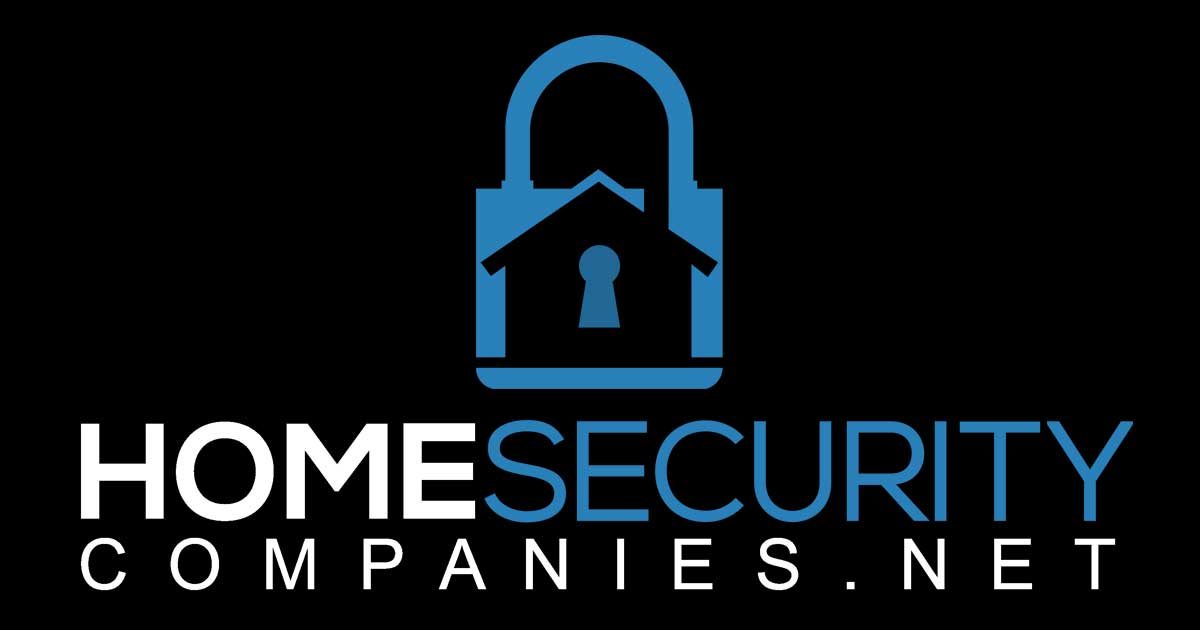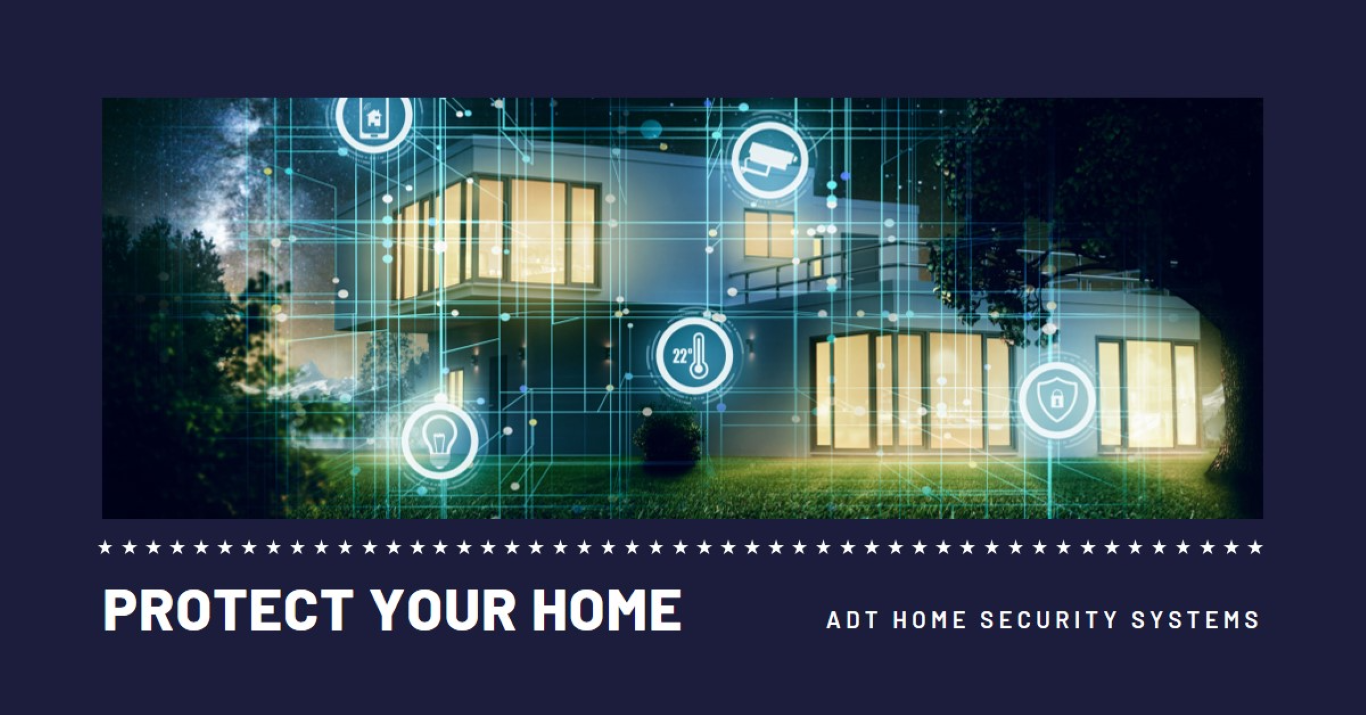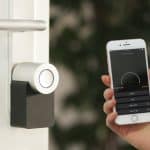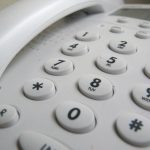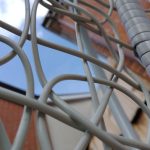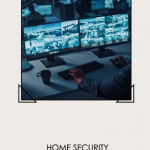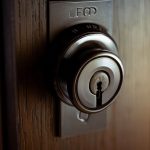Table of Contents
- The Importance of Security Equipment Maintenance
- Routine Inspections and Checks
- Cleaning and Servicing Components
- Updating Software and Firmware
- Frequently Asked Questions
- What types of security equipment require regular maintenance?
- How often should routine inspections and checks be performed on security equipment?
- Can I clean and service security equipment components myself or should I hire a professional?
- What are the consequences of not updating software and firmware on security equipment?
- How can I tell if my security equipment is in need of immediate repair or replacement?
- Conclusion
Are you tired of costly repairs and unexpected downtime when it comes to your security equipment? Regular maintenance can save you both time and money in the long run. By taking a proactive approach to maintaining your security equipment, you can ensure that it is functioning properly and effectively at all times.
The importance of security equipment maintenance cannot be overstated. Whether you are responsible for a small business or a large commercial property, your security system is essential for protecting your assets and ensuring the safety of employees and customers.
Routine inspections, cleaning, and updates are crucial to keeping your system running smoothly and preventing potential problems before they occur. In this article, we will explore the benefits of regular maintenance on security equipment and provide tips on how to keep your system in top condition.
The Importance of Security Equipment Maintenance
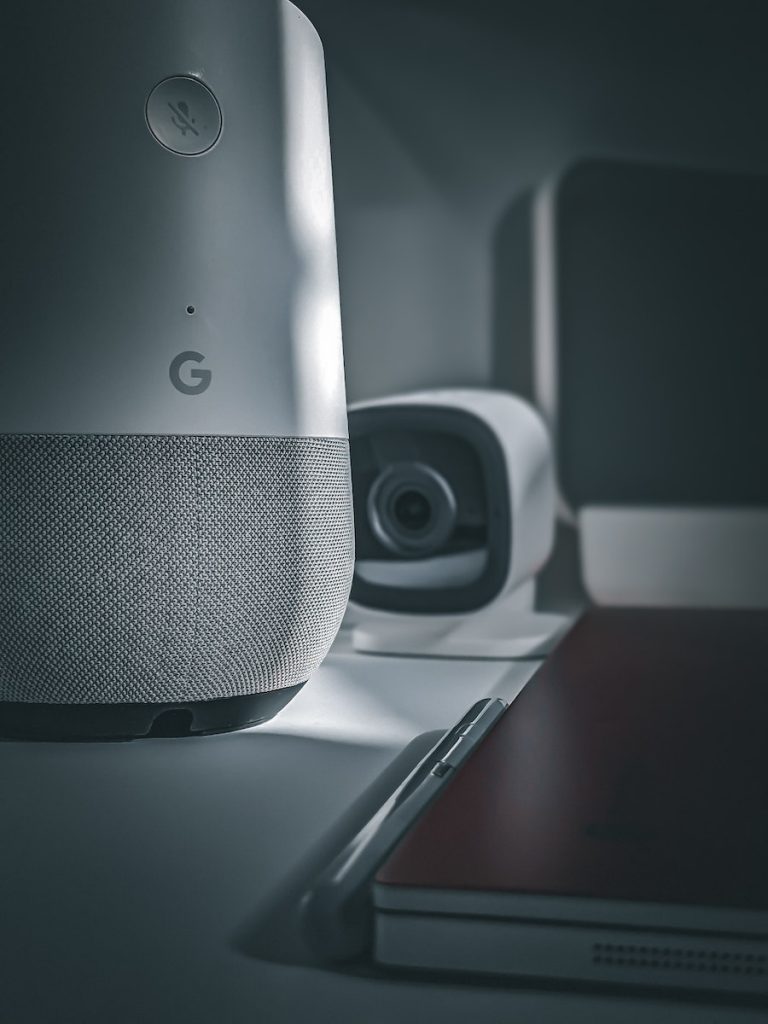
You never know when your security system might malfunction, which is why taking the time to keep it in good condition can be essential.
Regular maintenance not only ensures that your equipment is functioning properly but also helps you avoid costly repairs in the long run.
When you invest in a security system, you want it to last as long as possible and provide optimal protection for your property.
Proper maintenance can extend the lifespan of your equipment and help it perform at its best.
Cost savings are another benefit of regular security equipment maintenance.
By identifying potential issues early on, you can address them before they become major problems that require expensive repairs or replacements.
In addition, well-maintained systems are less likely to fail or experience downtime, reducing the risk of loss or damage due to a breach in security.
Ultimately, investing time and resources into maintaining your security equipment can save you money while ensuring consistent system performance and risk reduction.
Routine Inspections and Checks
Make sure to regularly inspect and check your security equipment to prevent any potential issues and keep everything running smoothly. Routine inspections can help you detect problems early on, allowing you to take preventative measures before they turn into costly repairs.
Depending on the type of equipment you have, routine checks may involve testing sensors, cameras or alarms, replacing batteries, cleaning lenses or checking for signs of wear and tear. In addition to preventing unexpected breakdowns, regular maintenance can extend your equipment’s lifespan.
By identifying and addressing minor issues early on, you can avoid more significant problems that could render your gear unusable. So don’t overlook the importance of inspecting and checking your security equipment – set a schedule for routine maintenance and make sure it becomes an integral part of your overall security strategy.
Cleaning and Servicing Components
As you clean and service the components of your security system, you’ll notice how much more efficient they become, giving you peace of mind that your property is well-protected.
Here are some cleaning techniques to consider:
- Use a soft cloth or brush to remove dust and debris from cameras and sensors gently. Avoid using water or cleaning solutions unless specifically recommended by the manufacturer.
- Clean lenses with a microfiber cloth or lens cleaner designed for camera equipment. Be careful not to scratch the surface.
- Check and replace batteries as needed in all devices, including door locks and motion detectors.
In addition to regular cleaning, there are preventative measures you can take to extend the life of your security equipment:
- Keep devices out of direct sunlight or extreme temperatures.
- Install surge protectors on power outlets to prevent damage from electrical surges.
- Schedule routine maintenance checks with a professional technician for more comprehensive servicing.
By taking these steps, you can avoid costly repairs and ensure that your security system is always functioning at its best.
Updating Software and Firmware
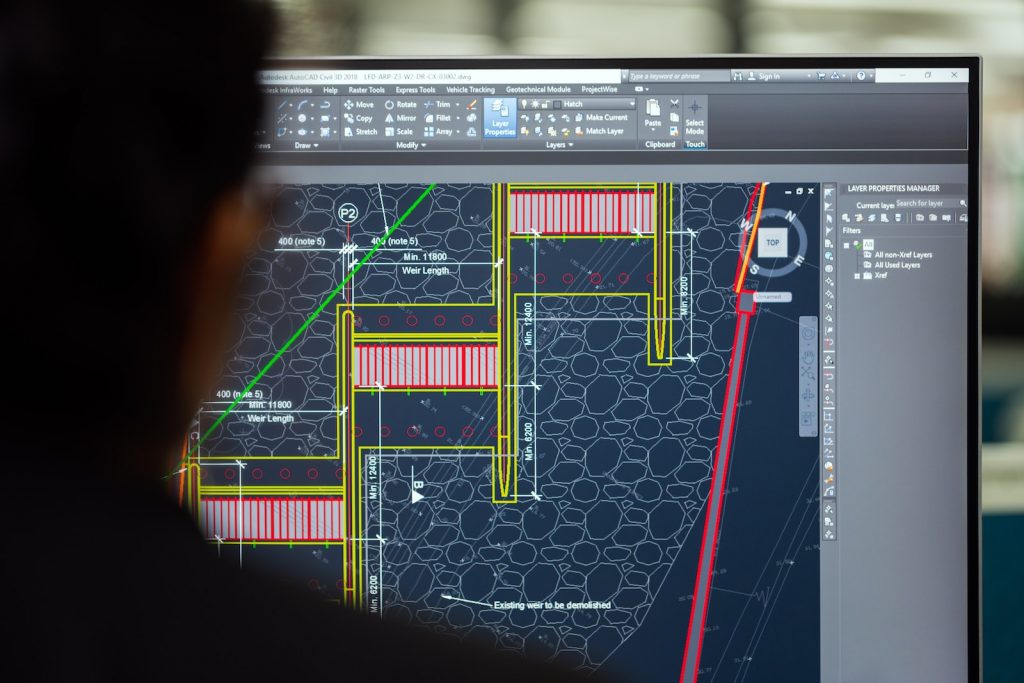
It’s essential to keep your system up-to-date by regularly updating software and firmware, ensuring that your security measures are always at the forefront of technology. This means that you need to constantly check for updates or patches provided by the manufacturer and install them as soon as possible. By doing this, you reduce the likelihood of vulnerabilities being exploited, which could lead to potential breaches in security.
Aside from keeping software and firmware updated, it’s also important to conduct vulnerability testing regularly. This allows you to identify any weaknesses in your security measures so that corrective action can be taken before an actual breach occurs. Furthermore, cybersecurity training should be provided to everyone who has access to your system. By educating employees about best practices regarding online safety and how they can help protect company data, you’re effectively reducing the risk of cyber attacks caused by human error. With these measures in place, you’ll have peace of mind knowing that your security equipment is well-maintained and ready for any potential threats.
| Importance | Action | Result |
|---|---|---|
| Reduce vulnerability | Regularly update software and firmware | Avoid potential breaches |
| Identify weaknesses | Conduct vulnerability testing | Take corrective action before an actual breach occurs |
| Educate employees | Provide cybersecurity training | Reduce risk of cyber attacks caused by human error |
| Stay ahead of technology advancements | Keep system up-to-date | Ensure security measures are always effective |
Frequently Asked Questions
What types of security equipment require regular maintenance?
Regular maintenance is essential to keep your security equipment in top working condition. Not only does it prevent costly repairs down the line, but it also ensures that your system is operating at its full potential when you need it most.
Common maintenance issues to watch out for include faulty wiring or connections, dead batteries, and dirty lenses or sensors. By regularly checking and addressing these issues, you can avoid potential malfunctions and ensure that your security equipment is ready to protect you and your property at all times.
So don’t wait until something goes wrong – make regular maintenance a priority for all of your security equipment today.
How often should routine inspections and checks be performed on security equipment?
When it comes to maintaining your security equipment, there are frequency recommendations that you should be aware of. Depending on the type of equipment, routine inspections and checks may need to be performed monthly, quarterly, or annually.
Following these guidelines will ensure that your equipment is functioning properly and will help prevent costly repairs down the line. The benefits of regular maintenance can’t be overstated – you’ll have peace of mind knowing that your property is secure and protected from potential threats.
Regular maintenance can also extend the lifespan of your security equipment, saving you money in the long run. By staying on top of routine inspections and checks, you can rest assured that your security system is operating at peak performance levels year-round.
Can I clean and service security equipment components myself or should I hire a professional?
If you’re wondering whether to clean and service security equipment components yourself, or hire a professional, it really depends on your level of expertise. DIY cleaning may seem like a cost-effective option, but if you don’t have the necessary skills and knowledge, you could end up damaging the equipment or even creating new security risks.
On the other hand, professional servicing ensures that your security equipment is effectively cleaned and maintained by experienced technicians who use specialized tools and techniques. They can also identify any potential problems before they become costly repairs.
Ultimately, investing in professional servicing will give you peace of mind knowing that your security equipment is running smoothly and providing maximum protection for your property.
What are the consequences of not updating software and firmware on security equipment?
Ensuring that your security equipment is up-to-date with the latest software and firmware updates is crucial for maintaining optimal performance. Neglecting firmware upgrades can result in serious consequences such as security vulnerabilities, system instability, and operational failures.
Cybercriminals can exploit outdated security systems to gain unauthorized access to sensitive data or cause disruptive cyber attacks. Additionally, failing to update your equipment’s software can lead to compatibility issues with other devices and software programs, hindering overall efficiency.
Therefore, it’s imperative to prioritize the importance of software updates on security equipment and regularly check for new versions to avoid potential risks and ensure maximum protection.
How can I tell if my security equipment is in need of immediate repair or replacement?
When it comes to security equipment, the phrase ‘better safe than sorry’ couldn’t be more accurate. It’s crucial to watch for equipment failure signs, such as malfunctioning cameras or faulty alarms. Ignoring these red flags can lead to disastrous consequences and compromise your safety.
That’s why it’s important to take immediate action when you notice any issues with your security system. You’ll need to conduct a cost-benefit analysis of repair versus replacement, weighing up factors such as the age of the equipment and the extent of damage. Ultimately, it may be more financially prudent to invest in new technology rather than repeatedly repairing outdated systems.
By taking proactive steps towards maintaining your security equipment and promptly addressing any problems, you’ll save time and money in the long run while protecting yourself from potential threats.
Conclusion
By now, you know the importance of regular maintenance for your security equipment. It can save you from costly repairs and ensure that your system is performing at its best.
But, did you know that up to 80% of security system failures are caused by poor maintenance? This statistic alone should be enough to make anyone prioritize routine inspections and checks.
Don’t become a part of this statistic – take the time to clean and service components, update software and firmware, and schedule routine maintenance appointments with professionals. Your investment in security equipment is crucial for protecting your assets, so it only makes sense to invest in its upkeep as well.
By doing so, you’ll not only avoid expensive repairs but also extend the life of your equipment and increase overall safety and security for yourself or your business.
In conclusion, maintaining your security equipment doesn’t have to be a hassle or an afterthought. With these simple steps and tips mentioned throughout this article, you can easily keep your system running smoothly while avoiding costly breakdowns or malfunctions down the line. Remember that prevention is always better than cure when it comes to security systems!
